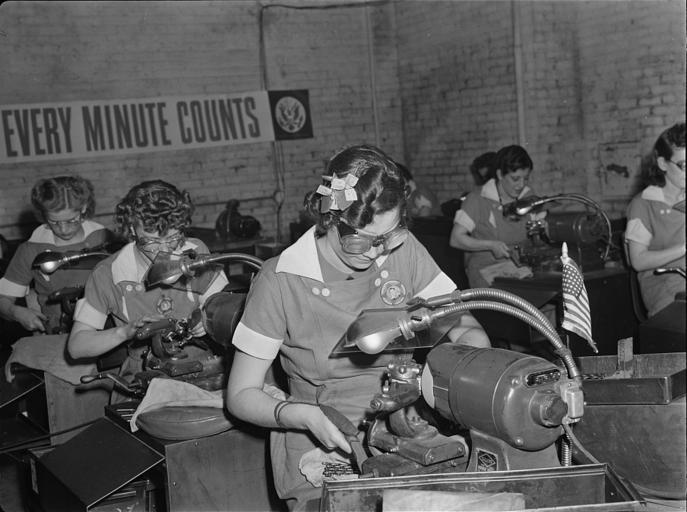I work full-time as a content marketing manager, and I have ADHD. It’s manageable some days and completely unsustainable on others. Even with medication, decent systems, and some practice, holding it together for 40+ hours a week takes most of my energy to the point where I can’t do much else when I’m off the clock. Not because I hate my job. I actually like a lot of it. But my brain burns through fuel faster than the week allows.
People with ADHD are more likely to experience burnout. We’re also more likely to lose jobs, even when we’re trying harder than anyone around us. We have to work against out brain’s default settings just to appear like we’re functioning. And that’s exhausting enough on it’s own.
If you’re trying to meet expectations at work while your mind pulls in ten directions, here’s what’s helped me stay on the rails, most of the time.
Start with boundaries
This one isn’t new advice, but it’s still hard when you’re trying to prove you’re capable. Especially when masking is second nature. But overextending yourself to seem fine doesn’t actually work. It just makes the crash worse later.
For me, boundaries look like: logging off when the day ends, muting Slack after hours, and letting things be “done enough” instead of perfect. You don’t have to tell your employer about your ADHD unless you’re asking for accommodations. But even if no one knows, you’re still allowed to protect your energy. I’ve learned the hard way and still struggle with saying “no” or “can’t do that right now, sorry.”
This workplace guide from Understood.org is a good one if you’re thinking about how to ask for what you need without having to explain your whole brain.
Exercise, if and when you can
I’ve never been athletic. PE was a nightmare. I’ve been the person who pays for a gym membership just to never go. But I can say this that when I move my body, I feel better.
I’ve never felt comfortable in workout spaces. But I’ve learned that short bursts of movement help my brain work better. There’s solid research on this, like this study in the Journal of Psychiatric Research, but honestly, I just notice I feel less foggy when I’ve moved and stretched.
That might mean a walk, taking a pilates class, stretching on the floor, pacing while I talk, or a short yoga video on YouTube. I don’t track it. I try to move when I feel stuck.
You don’t need to love your job
There’s a lot of pressure to find passion in work. I think it’s great if you do. But it’s also fine to keep your passions as hobbies. I’m not passionate about marketing. But I’m good enough at it, and it pays my bills (and my hobbies). That’s enough for me right now.
Some types of jobs work better for ADHD brains. What helps most is structure, flexibility, or a manager who treats you like a person. but it’s also about how the company and your manager treat you.
Recognize burnout when it’s happening
Burning out in general is no fun. Burning out with inattentive ADHD can feel impossible to recover from if you must work full-time to sustain yourself.
But what does it look like?
Sometimes it’s just… a slow leak. Forgetting things more often than normal. Missing small details that I usually catch. Feeling blank, even when you’ve had enough sleep. You might still be “performing,” but it takes twice the effort, and the brain starts checking out the second you stop moving.
For me, early signs look like avoiding emails, overthinking one small task, or feeling weirdly emotional over things that wouldn’t normally get to me. It’s no meltdown. It’s too much noise with no room to think.
It’s okay to not be an overachiever
I don’t hold myself to the same standards every day. Some days I check off ten things. Other days I answer one email, maybe make a little progress on a couple of projects, and call it a win. I don’t intend for this to come off as me not caring. I just know that trying to force consistency when my brain is tired makes everything worse.
I like to look for patterns and create templates. What helped last week? What drained me? I build around what works instead of pushing through what doesn’t.
Our ADHD doesn’t have to hold us back in our careers. The effort still counts, even if it doesn’t look polished.

